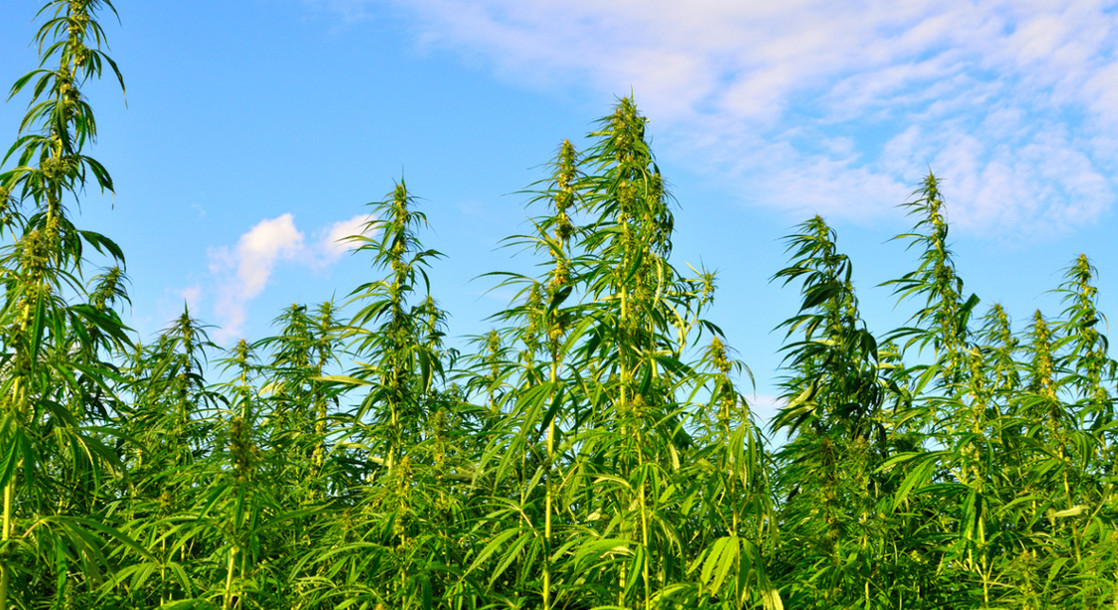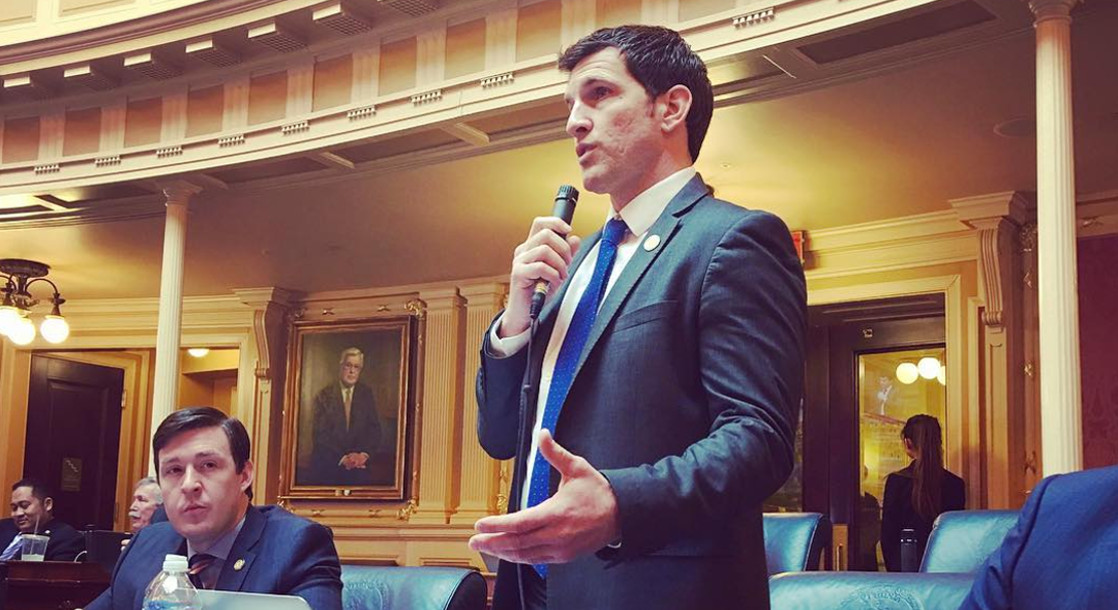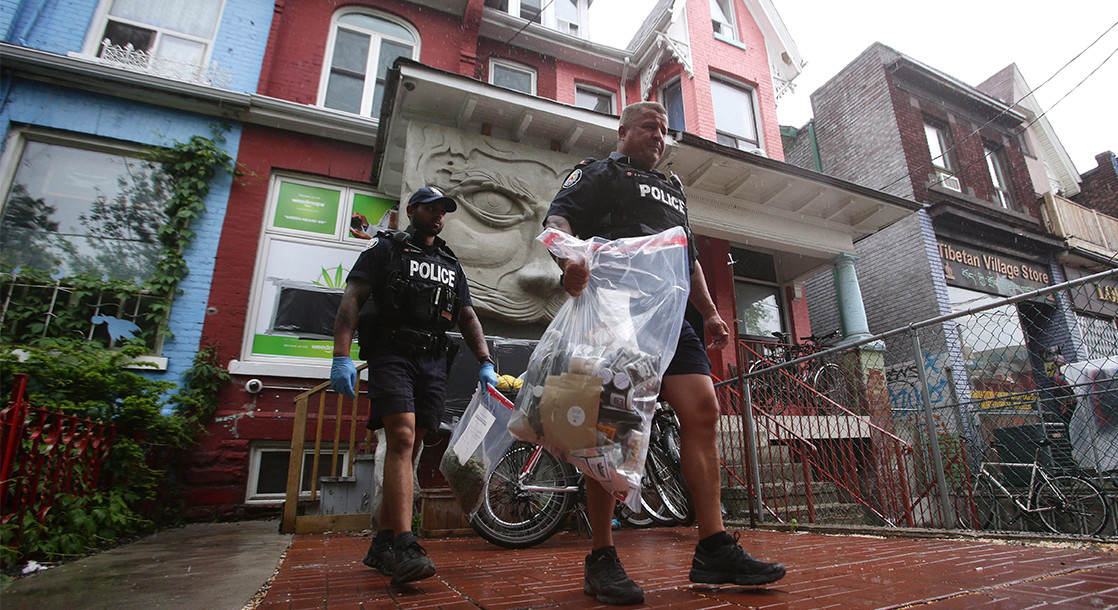Photo via iStock/ johnwoodcock
Oregon cannabis cultivators are rethinking legal reefer. Faced with over one million pounds of overstocked weed that’s rapidly losing its value, Beaver State growers are changing with the times, replacing rows of full-THC cannabis with CBD-rich industrial hemp plants.
According to the Associated Press, Oregon is now home to 353 industrial hemp growth licenses, up from only 12 in 2015. And while industrial hemp can be turned into any number of useful products, including clothing, rope, ethanol, and construction materials, Oregon’s cannabis cultivators are focusing specifically on cannabidiol, or CBD, the non-psychoactive cannabis compound with near-miraculous medical applications.
Increasingly popular in U.S. states both with or without legal marijuana, CBD oils and infused products have been known to significantly decrease the effects of epilepsy, in addition to uses for pain and stress relief, anti-inflammation, and general wellness.
Because Oregon’s adult-use legalization program offered licenses to most who applied without a cap on the number of permits, the Beaver State quickly became one of the nation’s most prolific weed producers, with ganjapreneurs cultivating more than three times the amount of weed that Oregonians actually consume annually. Instead of dropping the price of pot to $20 an ounce, or testing federal authorities by shipping pounds out of state illegally, local growers are simply replacing their full-strength strains with CBD-laden varieties of hemp.
"There are a lot of growers who already have experience growing cannabis, and when you're growing for CBD, there are a lot of the same techniques that you use for growing marijuana," said Eric Steenstra, president of advocacy group Vote Hemp. "Oregon is definitely a hotbed of activity around this."
While Oregon’s legal cannabis farmers argue that an end to federal prohibition would allow them to sell off their cannabis overstock to less-green markets across the country, marijuana’s Schedule I status makes that option legally impossible. On the other hand, industrial hemp has a more tenuous federal status, with products like hemp seeds, paper, and clothing sold legally around the country. According to the DEA, CBD products derived from industrial hemp are still considered Schedule I drugs, but because industrial hemp is legal, hemp-derived CBD oils, edibles and topicals are often shipped out of their home state, sold freely in health and wellness stores across the world and over the internet.
"Everybody in the CBD world has recognized the risks involved, and I would say the vast majority of us really believe in the power of the plant and are willing to operate in this, sort of, gray area," said Christina Sasser, co-founder of Vital Leaf, an Oregon-based CBD distributor.
Even with the possibility that their CBD products will be confiscated from the shelves of a Tennessee or Indiana health store, Beaver State growers are confident that the hemp-derived wonder drug can change the tune of Oregon’s overstocked cannabis industry.
"We're starting to look at drastic means, like destroying product. At some point, there's no more storage for it," said Trey Willison, a grower who transitioned from legal weed to industrial hemp this year. "Whoever would have thought we'd get to the point of destroying pounds of marijuana?
“The (marijuana) market is stuck within the borders of Oregon — it's locked within the state," Willison continued. "But hemp is an international commodity now."











